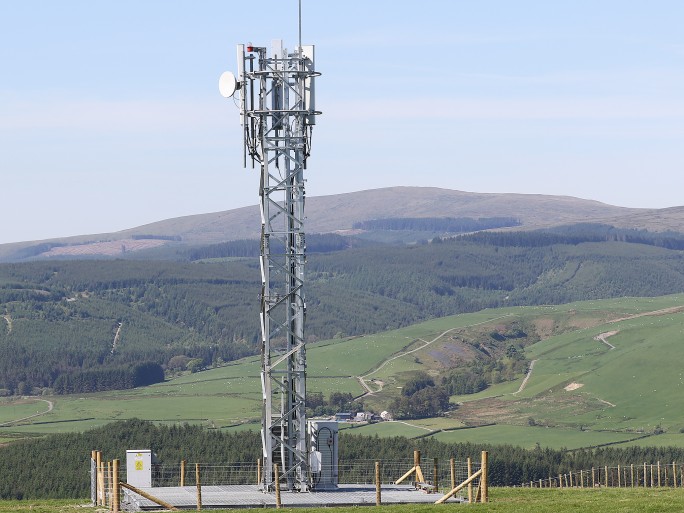Mobile Operators Agree Shared Rural Network Deal

After some disagreements along the way, the £1 billion plan to eliminate mobile not-spots in rural areas, is agreed by all major players
Mobile operators BT, Vodafone, O2 and Three UK have put aside their differences and reached a final agreement to share network infrastructure so as to eliminate mobile not-spots in mostly rural locations.
Last October the British Government and the big four mobile operators pledged £1 billion to create a ‘Shared Rural Network’, (SRN).
That plan saw the four main mobile networks contribute £530m for the SRN, with the government adding another £500m of taxpayer’s money once the deal is finalised.
![]()
Shared Rural Network
The aim of the SRN is to extend mobile services in rural areas to deliver 95 percent 4G coverage in the UK, no matter what mobile network customers use.
At the moment, 4G coverage of the UK landmass is said to be only at 67 percent. But the scheme calls for the SRN to be implemented by 2025
Last month it emerged that the mobile operators involved in the scheme were arguing over costs, which could have derailed the entire scheme.
Essentially, Vodafone, O2 and Three UK were upset at the price BT-owned EE was demanding for them to access its mobile masts and other infrastructure.
Indeed, they felt that the proposed charges were so high it would be cheaper for them to build their own masts.
But now a month later it seems that the ‘Shared Rural Network’ (SRN) programme is to go ahead, after all four parties reached a final agreement on costs to support the SRN plan.
The government is hoping that the SRN will “make poor and patchy rural phone coverage a thing of the past” in the UK.
The SRN should deliver guarantee coverage to an extra 280,000 premises, located along 16,000km (10,000 miles) of roads. Special focus will be placed on so-called ‘not-spots’, where there is no coverage at all.
It is reported that Scotland, Wales, and Northern Ireland will see the biggest improvements.
It comes after years of complaints about mobile coverage in rural locations.
In December 2018, Ofcom warned that while broadband and mobile services have improved in the UK, large areas – and particularly rural areas – were still “poorly served”.
New approaches
And the agreement was welcomed by a wireless expert, although he warned that mobile operators will need to consider utilising new approaches to building mobile networks going forward.
“Network sharing is a relatively new concept to operators and they need the tools to enable them to successfully create infrastructure that doesn’t compromise on performance,” explained Steve Papa, CEO at Parallel Wireless.
“OpenRAN (radio access network) is a new approach to building networks, being trialled today by major operator groups, which can make technology from different suppliers work together, and reduces overall complexity and costs,” said Papa.
“Operators and the government will need to strongly consider new approaches such as OpenRAN, if they want accelerate their vision of building affordable shared networks, to close the digital divide,” he concluded.
How much do you know about UK mobile operators? Try our quiz!